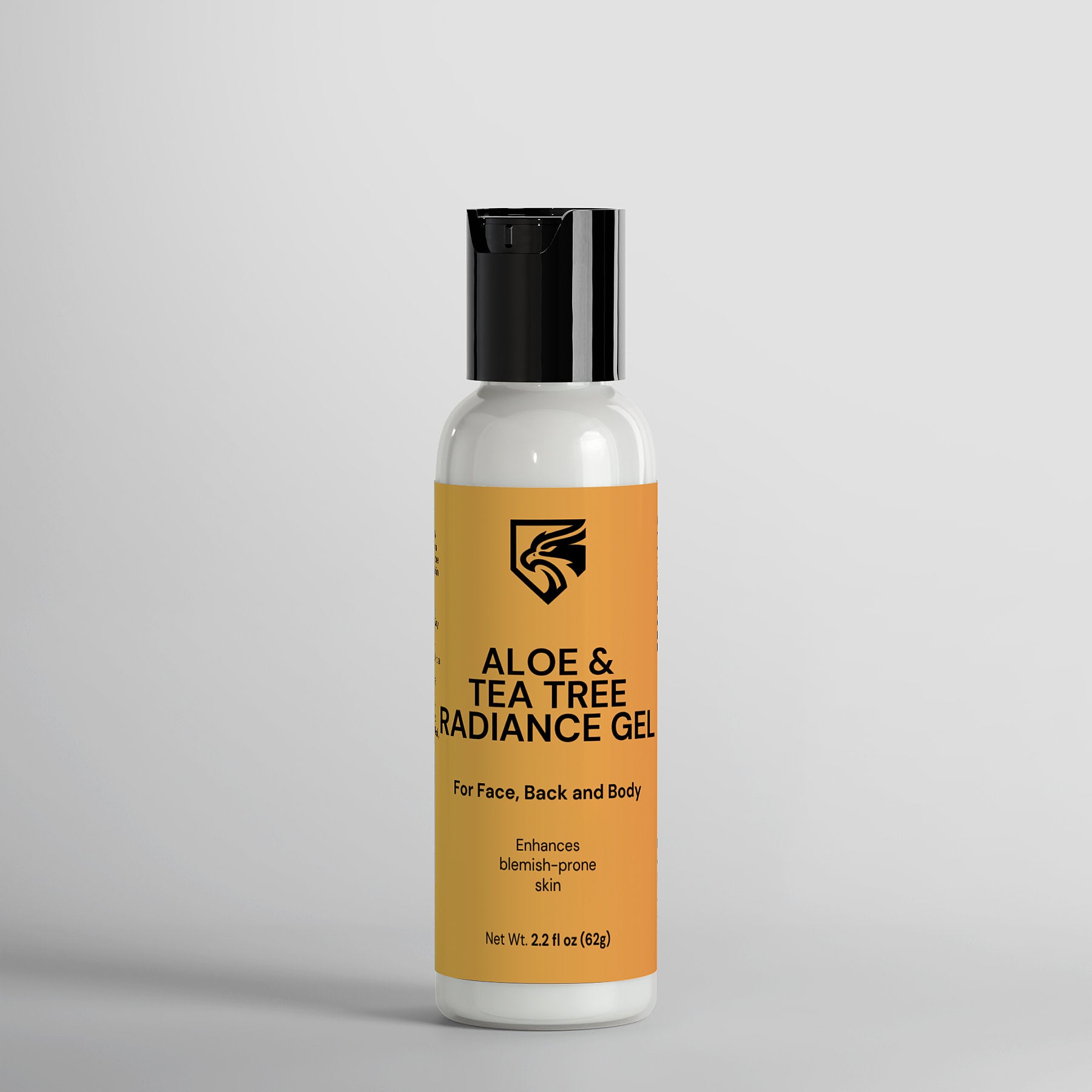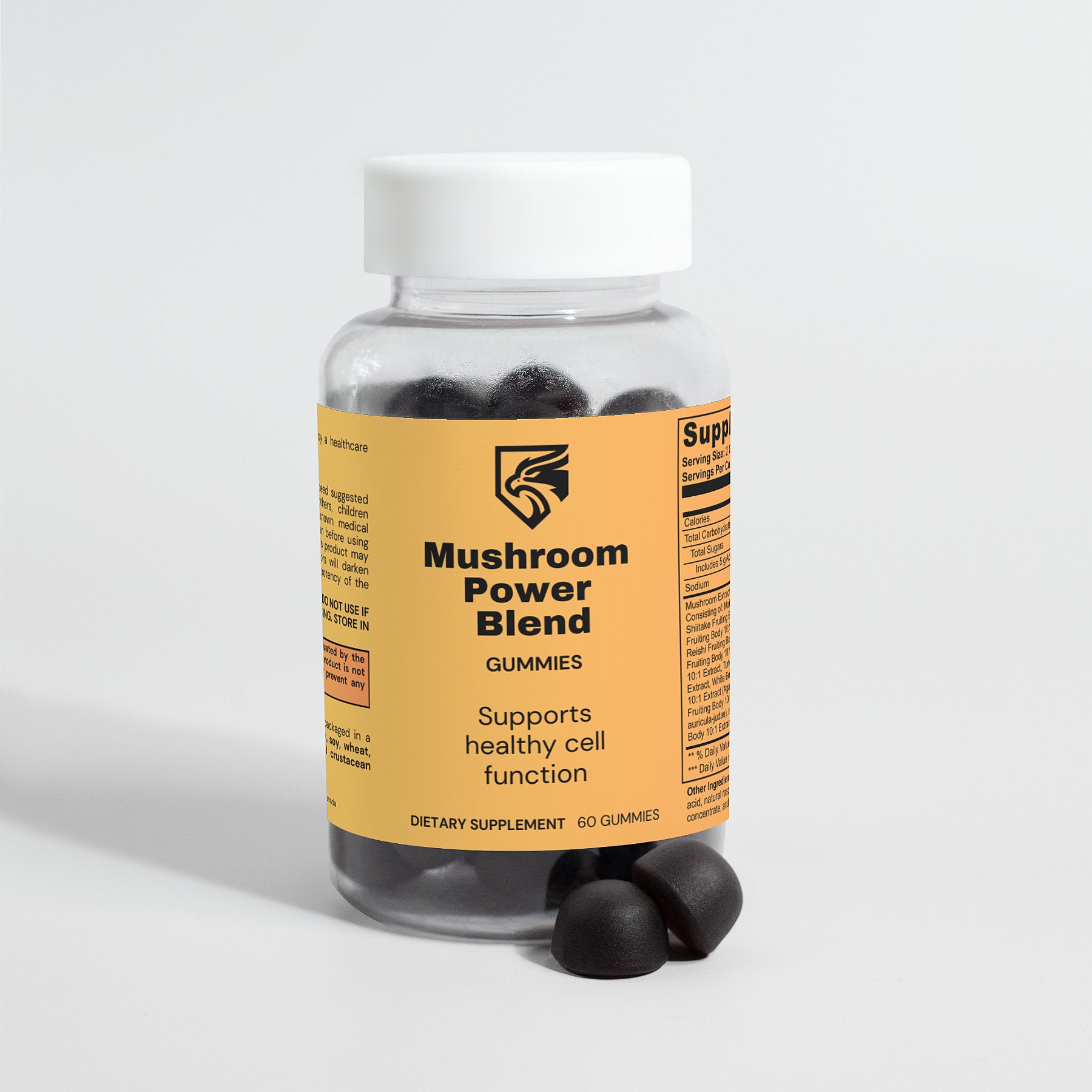I. Introduction
In the realm of male health, few hormones carry as much weight as testosterone. Often associated with vitality, muscle growth, and virility, testosterone plays a pivotal role in numerous physiological functions. However, its levels can be influenced by various factors, with nutrition emerging as a fundamental player in hormone regulation.
II. The Importance of a Balanced Diet
A balanced diet serves as the cornerstone for maintaining optimal testosterone levels. Certain nutrients act as catalysts for testosterone production, including zinc, vitamin D, and omega-3 fatty acids. Additionally, the macronutrient composition of one's diet—comprising carbohydrates, proteins, and fats—can significantly impact hormone levels.
III. Specific Foods to Boost Testosterone
-
Foods Rich in Zinc: Zinc is a crucial mineral for testosterone synthesis. Incorporating zinc-rich foods such as oysters, beef, and pumpkin seeds into one's diet can support healthy hormone levels.
-
Vitamin D Sources: Adequate vitamin D levels are essential for testosterone production. Fatty fish, fortified dairy products, and sunlight exposure serve as primary sources of this vital nutrient.
-
Omega-3 Fatty Acids: Omega-3 fatty acids, found abundantly in salmon, flaxseeds, and walnuts, offer numerous health benefits, including supporting testosterone synthesis.
IV. The Dangers of Nutritional Deficiencies
-
Consequences of Low Zinc Levels: Insufficient zinc intake can impair testosterone production, potentially leading to decreased libido, muscle loss, and fatigue.
-
Effects of Vitamin D Deficiency: Vitamin D deficiency is associated with lower testosterone levels and may contribute to conditions like osteoporosis and depression.
-
Importance of Caloric Intake: Inadequate calorie consumption can disrupt hormone balance, highlighting the significance of maintaining a sufficient energy intake for hormonal health.
V. Practical Tips for Optimizing Nutrition
-
Testosterone-Friendly Meal Planning: Designing meals that incorporate zinc-rich foods, vitamin D sources, and omega-3 fatty acids can promote testosterone synthesis and overall well-being.
-
Supplementation Considerations: In cases where dietary intake may fall short, supplementation with zinc, vitamin D, or omega-3 fatty acids can help bridge nutritional gaps.
-
Lifestyle Factors: Lifestyle choices such as regular exercise, stress management, and adequate sleep play crucial roles in nutrient absorption and hormone regulation.
VI. Conclusion
As evidenced, nutrition exerts a profound influence on testosterone levels and male health. By prioritizing a balanced diet rich in essential nutrients, individuals can optimize hormone production and enhance overall well-being. Embracing these dietary principles, along with mindful lifestyle practices, offers a holistic approach to supporting hormonal health and vitality.
In conclusion, understanding the interplay between nutrition and testosterone levels is paramount for fostering male health and well-being. By adopting a balanced diet replete with testosterone-supportive nutrients and incorporating lifestyle habits conducive to hormone regulation, individuals can cultivate optimal physiological function and vitality. As we navigate the complexities of modern living, let us not overlook the profound impact of nutrition on our hormonal equilibrium, embracing dietary choices that empower us to thrive.







Leave a comment
All comments are moderated before being published.
This site is protected by hCaptcha and the hCaptcha Privacy Policy and Terms of Service apply.